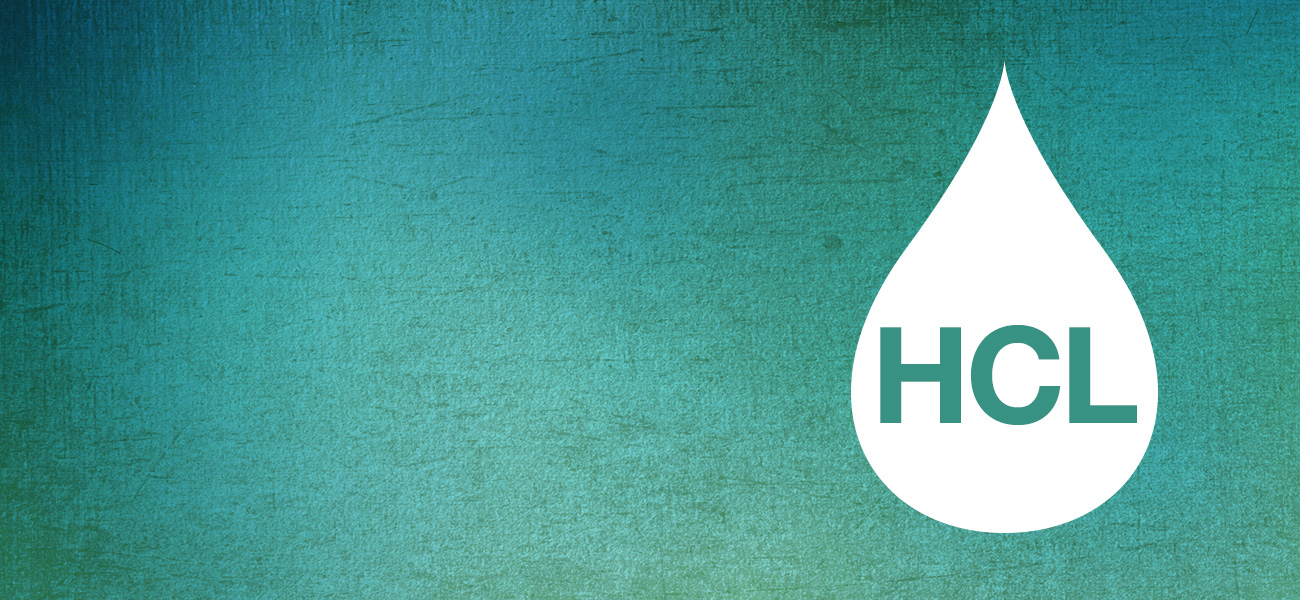Taking part in a clinical trial may be a treatment choice for some hairy cell leukemia patients. Clinical trials are under way to develop treatments that increase the remission rate of hairy cell leukemia or cure the disease. Today's standard treatments for cancer are based on earlier clinical trials. The Leukemia & Lymphoma Society continues to invest funds in hairy cell leukemia research.
Clinical trials can involve new drugs, new combinations of drugs or approved drugs being studied to treat patients in new ways such as new drug doses or new schedules to administer the drugs. Clinical trials are conducted worldwide under rigorous guidelines to help doctors find out whether new cancer treatments are safe and effective or better than the standard treatment.
Current Hairy Cell Leukemia Research and Clinical Trials
Some drugs under investigation include:
- BL22. The immunoconjugate BL22 is an agent that was developed at the National Cancer Institute and is currently in clinical trials. It has been effective in the treatment of many patients with HCL who are or who have become resistant to current therapy. This agent is an antibody that targets a feature (surface antigen) of hairy cells known as CD22. A potent bacterial toxin that kills hairy cells is attached to the antibody.
- Ibrutinib. The oral Bruton’s tyrosine kinase inhibitor PCI-32765 (ibrutinib) is being studied in clinical trials as a single agent for the treatment of relapsed HCL. Ibrutinib may stop the growth of cancer cells by blocking some of the enzymes needed for cell growth.
- LMB-2. The LMB-2 immunotoxin is in clinical trials to study the response rate in patients with recurrent or refractory CD25-positive HCL. LMB-2 is made up of two parts: a genetically engineered monoclonal antibody that binds to cancer cells with CD25 on their surface, and a toxin produced by bacteria that kill the cancer cells to which LMB-2 binds.
- Rituximab (Rituxan®). Clinical trials are exploring the use of Rituxan in combination with cladribine for the treatment of HCL. Rituxan is a monoclonal antibody that is approved by the FDA for the treatment of CD20- positive follicular, low-grade and diffuse large B-cell non-Hodgkin lymphoma. Studies are looking to evaluate complete response rates in patients treated with cladribine and Rituxan and to examine the effectiveness of Rituxan in eradicating minimal residual disease (MRD) after cladribine therapy. Studies are also examining the effect of adding Rituxan to cladribine on long-term, disease-free and overall-survival status (compared to historical data for patients who have received cladribine alone).
- Vemurafenib (Zelboraf®). Recent data have shown that almost all patients with HCL have BRAF mutations. Vemurafenib, given by mouth and approved by the FDA for the treatment of melanoma, targets BRAF and is now being used in clinical trials in patients with relapsed and refractory HCL.

